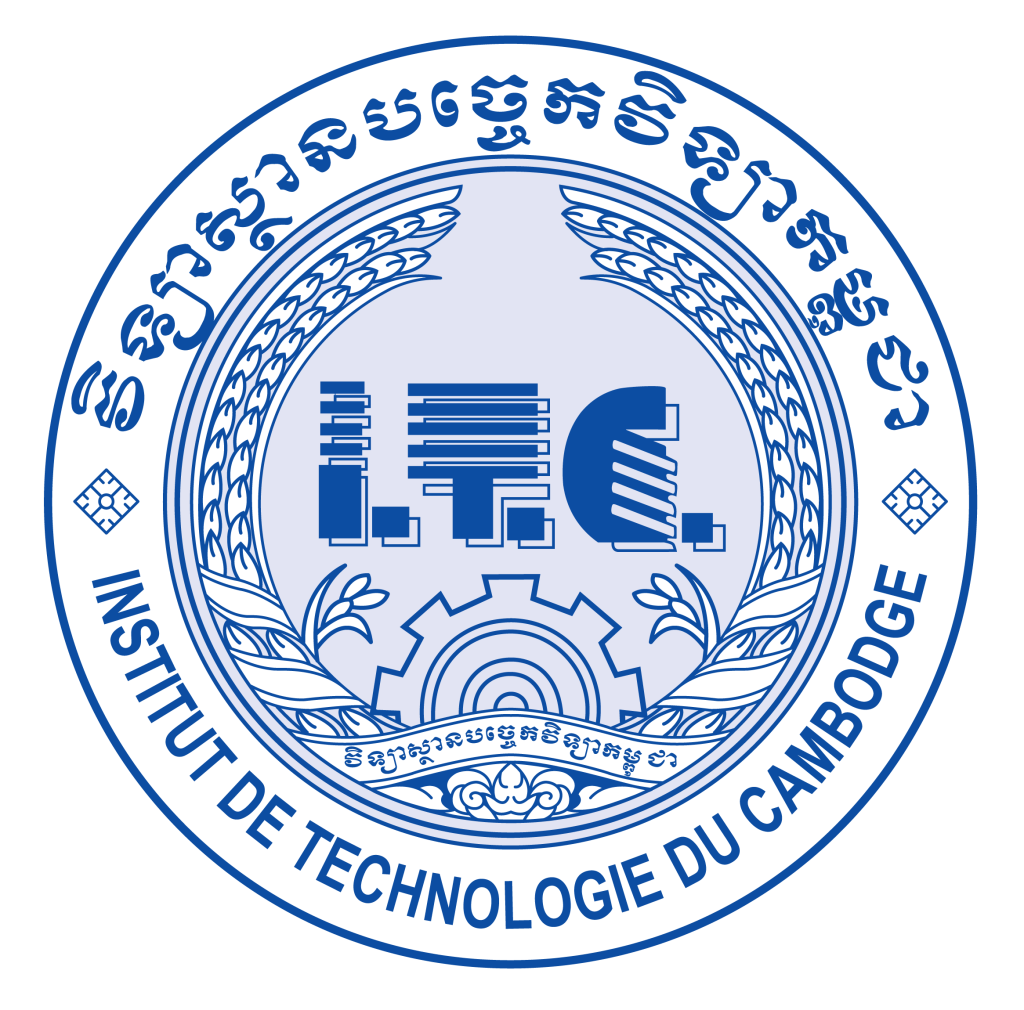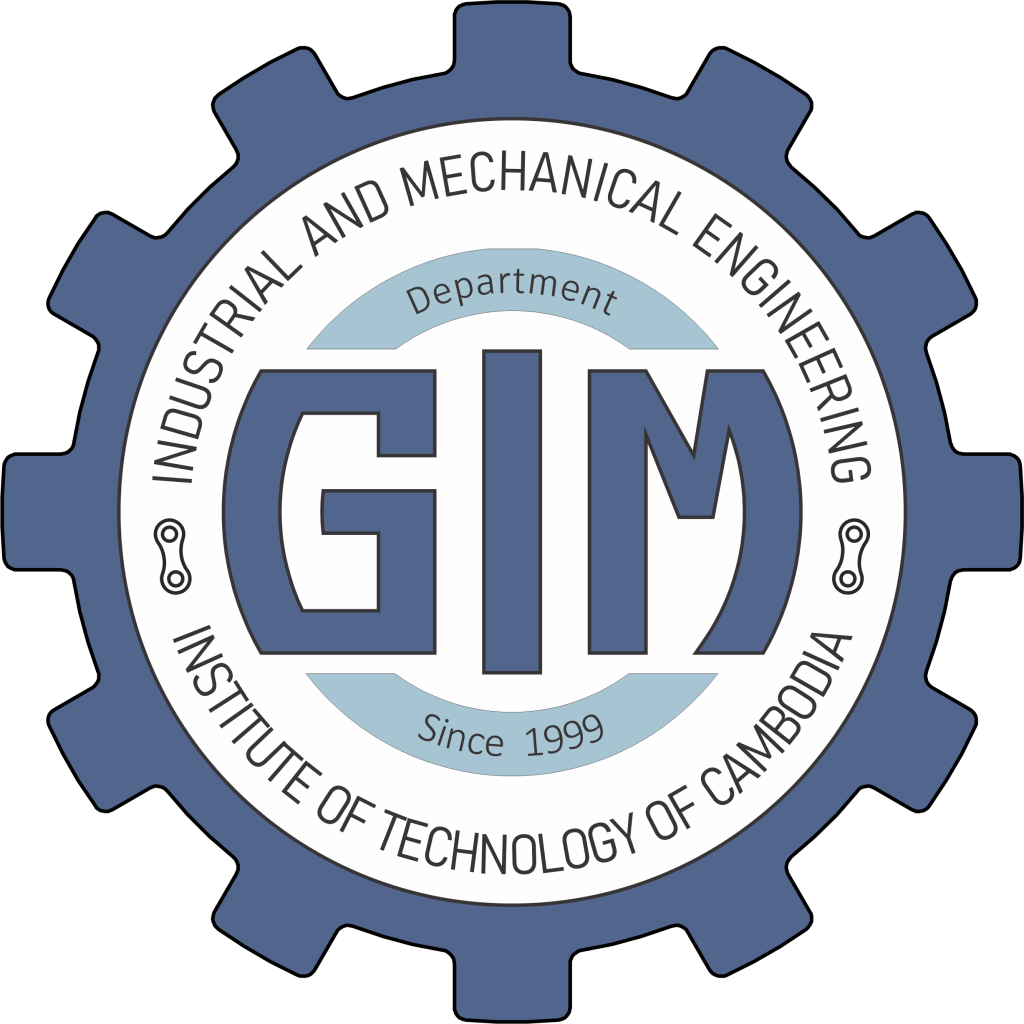Mechanical Engineering Program Framework
Programme Educational Objectives (PEOs) & Learning Outcomes (PLOs)
1. Programme Educational Objectives (PEOs)
PEO1: Advanced Technical Expertise in ME
To produce **mechanical engineers** with advanced technical expertise capable of addressing complex **mechanical systems design and analysis** problems in professional practice and research, on a national and international level. (Aligned with ITC Mission #1 and #2: talented and skilled engineers)
PEO2: Lifelong Learning & Social Responsibility
To cultivate lifelong learners who embody integrity and responsibility in their roles within industry, society, and the environment, ensuring ME solutions ethically address **safety standards and sustainability goals**. (Aligned with ITC Mission #1: cultivate lifelong learners)
PEO3: Entrepreneurial Spirit & Innovation
To produce entrepreneurial spirit by fostering innovation in **mechanical product development and advanced manufacturing processes**, supporting the creation of start-ups and new technologies. (Aligned with ITC Mission #2: entrepreneurial spirit)
PEO4: Technology & Digital Tools
To foster **mechanical engineers'** ability to leverage advanced technology and digital tools, such as **CAD, FEA, and simulation software**, to unlock new efficiencies, capabilities, and design opportunities. (Aligned with ITC #2:Technology & digital tools)
2. Programme Learning Outcomes (PLOs)
Click on a Domain to view the detailed Learning Outcomes.
PLO1: Explain theories, concepts, and procedures that support core **Mechanical Engineering** areas (e.g., thermodynamics, solid mechanics, and fluid dynamics). (~C2)
PLO2: Upon completion of the program, students can investigate, model, and critically analyze complex design and thermal problems in **Mechanical Engineering**. (~C4)
PLO3: Graduates will operate laboratory and workshop equipment accurately and safely, including basic **measuring and manufacturing tools**. (~P3)
PLO4: Contribute to and facilitate constructive resolution of issues in group situations, whether in a leadership role or as a team member. (~A4)
PLO5: Organize and prioritize responsibilities to demonstrate commitment and accountability for assigned design and project tasks. (~A4)
PLO6: Integrate attention to detail and task-related values systematically to ensure thoroughness and reliability in work and design outcomes (Entrepreneurial skills). (~A4)
PLO7: Follow safety and housekeeping procedures consistently and demonstrate ethical professional conduct to maintain a safe working environment (Ethics and Professionalism). (~A4)
PLO8 – Digital skills: By the end of the program, students will use specialized **ME digital tools (e.g., CAD, simulation)** competently and independently. (~P4)
PLO9 – Numerical Skills: By the end of the program, students will be able to analyze complex problems based on **numerical, statistical, and experimental data**. (~C4)
PLO10 – Communication: Students will communicate complex technical information effectively both orally and in writing. (~P4)
3. PLO to PEO Mapping
The table below illustrates the sample mapping between the Programme Learning Outcomes (PLOs) and the Programme Educational Objectives (PEOs). **Click any row to highlight its connections.**
| PLO | PEO 1 (Technical ME) |
PEO 2 (Social/Learn) |
PEO 3 (Entrepreneurial) |
PEO 4 (Digital Tools) |
|---|---|---|---|---|
| PLO 1 | ✓ | |||
| PLO 2 | ✓ | |||
| PLO 3 | ✓ | |||
| PLO 4 | ✓ | |||
| PLO 5 | ✓ | |||
| PLO 6 | ✓ | |||
| PLO 7 | ✓ | |||
| PLO 8 | ✓ | |||
| PLO 9 | ✓ | |||
| PLO 10 | ✓ | |||
| Total | 4 | 2 | 2 | 2 |

